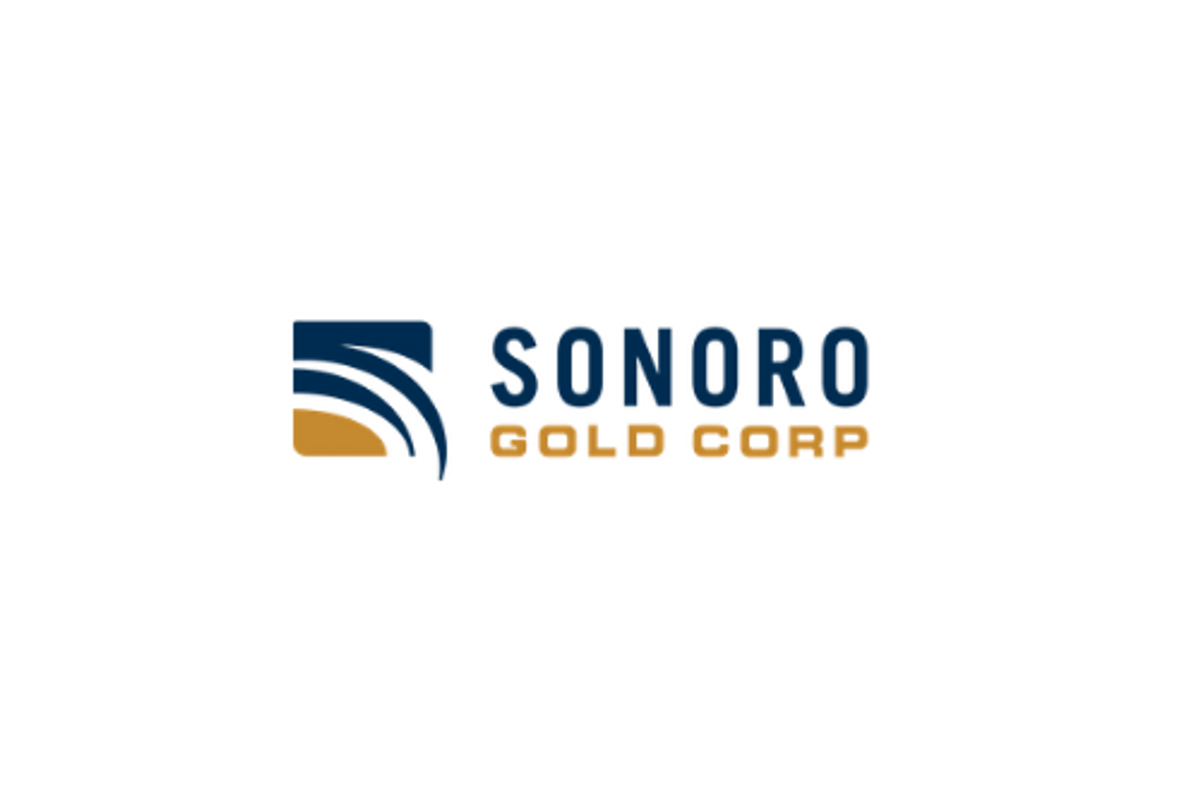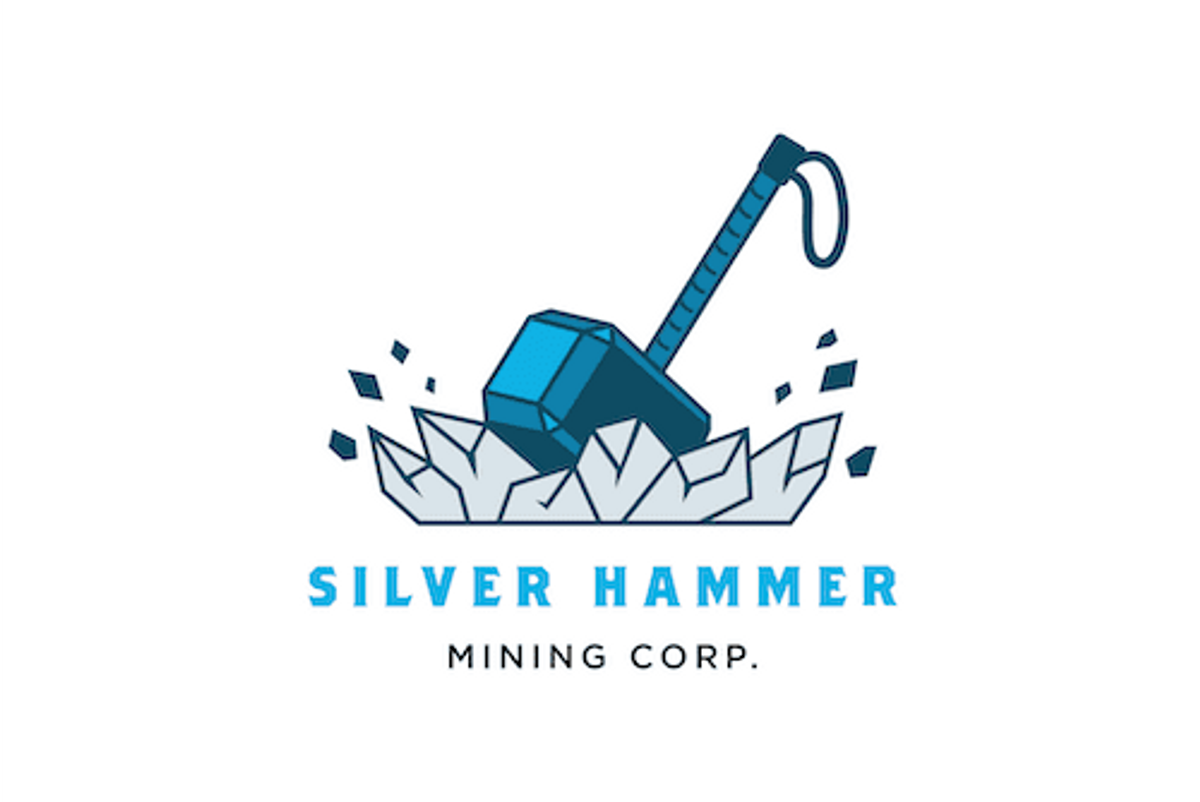
Sonoro Gold Corp. (TSXV: SGO | OTCQB: SMOFF | FRA: 23SP), ("Sonoro" or the "Company"), has granted, under its Share Option Plan, incentive stock options to certain directors, officers and consultants of the Company to purchase an aggregate of 100,000 common shares exercisable for a period of up to two years from the date of grant at a price of $0.30 per share. This grant is subject to acceptance for filing by the TSX Venture Exchange.
About Sonoro Gold Corp.
Sonoro Gold Corp. is a publicly listed exploration and development company with a portfolio of exploration-stage precious metal properties in Sonora State, Mexico. The Company has highly experienced operational and management teams with proven track records for the discovery and development of natural resource deposits.
On behalf of the Board of Sonoro Gold Corp.
| Per: | "Kenneth MacLeod" |
| KENNETH MACLEOD | |
| President & CEO |
For further information, please contact:
Sonoro Gold Corp. – Phone: (604) 632-1764
Email: info@sonorogold.com
Neither the TSX Venture Exchange nor its Regulation Services Provider (as that term is defined in the policies of the TSX Venture Exchange) accept responsibility for the adequacy or accuracy of this release.






